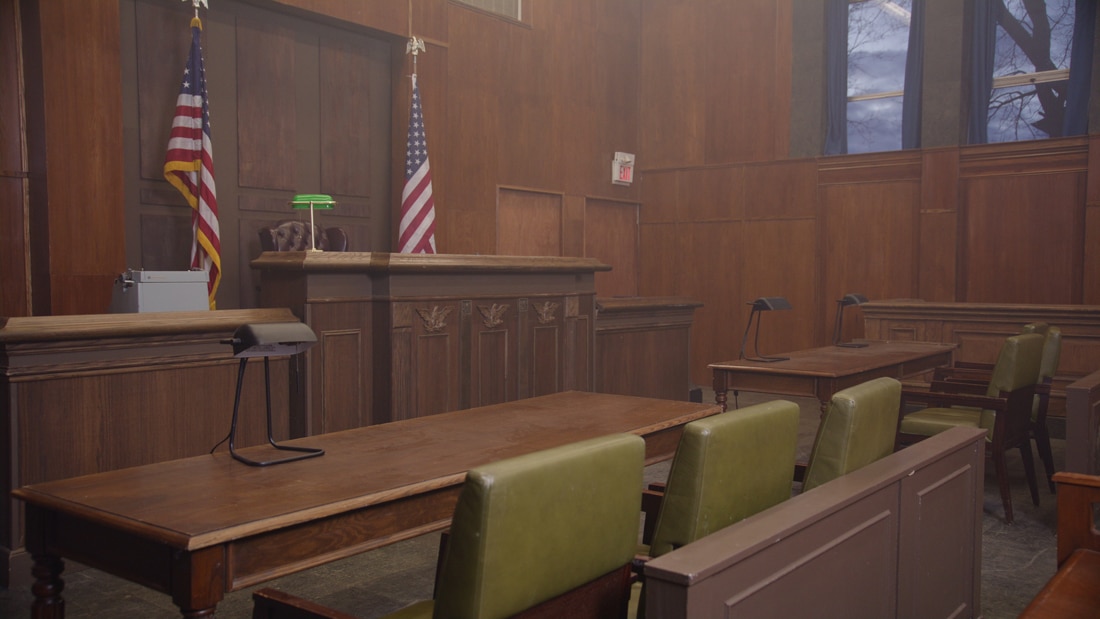If you’ve received a summons for credit card debt, you may be unsure about what you should do next. You have limited time to act after you receive a summons, so the one thing you definitely shouldn’t do is procrastinate. The information in this post will help you understand your rights and options when you’re being sued for credit card debt. But, there’s no substitute for personalized advice from an experienced Los Angeles debt resolution lawyer.
You can schedule a free consultation with an experienced California bankruptcy attorney at Borowitz & Clark right now by calling 877-439-9717 or filling out our contact form.
What to Do If You’re Getting Sued By a Credit Card Company

When your credit card company sues you, you can’t afford to ignore the summons. That’s true even if you believe you are “judgment proof” and have nothing to lose.
Respond to the Credit Card Company’s Summons
If you get a summons for credit card debt, it will state how long you have to respond to the complaint. This is called filing an “Answer” and In California you usually have 30 days from when you were first served with the summons. There are court filing fees to pay when you file the answer but if you do not respond, you lose your opportunity to be heard by the court and a default judgment will usually be entered against you.
Once a judgment has been entered against you, the plaintiff can try to pursue payment of the judgment in a variety of ways, including wage garnishment and seizure of certain assets. While California law protects certain property from being taken away, it will depend in large part on what property you own and how much you earn.
Note, though, that with a judgment the credit card company can periodically call you back to court to answer questions about your income and assets. Even if they never collect a dime, the process can be stressful and time-consuming, and may mean lost work time. If your circumstances later change, the creditor may be able to seize property or garnish your wages.
Explore Your Options for Resolving the Debt
Answering the complaint protects against a default judgment, but it doesn’t end the process. You’ll have to decide whether you want to try to negotiate an agreement with the credit card company before the court date, fight the claim in court, or consider an alternative like bankruptcy.
Three Ways to Manage a Lawsuit for Credit Card Debt
1. Try to Negotiate with the Credit Card Company
If you agree that you owe the debt and want to pay it but can’t afford a lump sum payment, you may be able to negotiate a payment plan with the credit card company. If you want to try to make a payment agreement with the credit card company, you should contact the attorney whose name is on the summons as soon as possible after you receive it. Negotiating doesn’t stop the lawsuit from moving forward, so you should still answer the complaint.
If you reach an agreement, make sure that you have a signed copy of the agreement. If you have a court date scheduled, you should appear in court unless you receive notice that the hearing has been continued.
Often, the creditor will keep the case pending while the cardholder makes payments and dismiss the case only when the payment plan is successfully completed. You should note that there may be tax consequences for the debt the creditor agreed to waive so be sure to tell your tax preparer that you settled the debt.
2. Fight the Debt Collection Case in Court
If you believe the debt is not yours or that the amount claimed in the lawsuit is wrong, you may want to fight the claim in court. In some cases, you may want to fight the lawsuit even if you do owe the money. For example, if your credit card company sold the debt, the plaintiff in your lawsuit may be a debt buyer. It will be their responsibility to prove that they have the right to collect on the debt. These companies often keep sloppy records, or purchase debts without the proper paperwork.
If you decide to fight the case, that is best tackled with an experienced debt collection lawyer at your side.
3. Consider Bankruptcy
Most people won’t file bankruptcy over a single debt. But if you’re being sued for credit card debt, chances are you’re facing other financial difficulties as well. Credit card debt is generally dischargeable in Chapter 7 bankruptcy, which means the debt is wiped out. Once a debt is cleared in bankruptcy, the credit card company can’t try to collect from you ever again.
If a debt is dischargeable in bankruptcy, it doesn’t matter whether you file for bankruptcy before you’re sued, while a lawsuit is pending, or after a judgment is entered. However, you shouldn’t skip out on answering a complaint or appearing in court just because you’re planning to file bankruptcy–not unless you’ve already retained a Los Angeles bankruptcy attorney and your lawyer has advised you differently.
If you file bankruptcy while the credit card lawsuit is pending, that case will typically be frozen by a court order called the automatic stay. The stay prohibits debt collection activities, including moving forward with a lawsuit, for as long as it is in effect.
Consult a Los Angeles Bankruptcy Lawyer Now
The attorneys at Borowitz & Clark have helped tens of thousands of people in and around Los Angeles resolve debt. We know how important it is that you have reliable information as early as possible. That’s why we offer free, no-obligation consultations. To learn more, call us today at 877-439-9717 or fill out our contact form.
